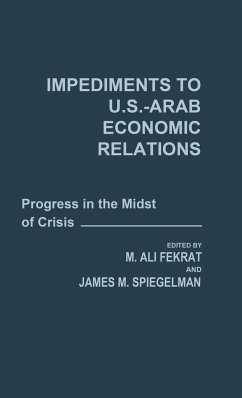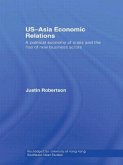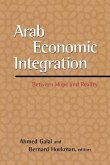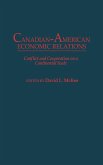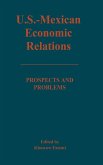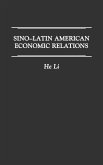This volume brings together important contributions by noted scholars and high-level policymakers with first-hand experience in U.S.-Arab relations. Their papers, which focus specifically on the economic aspects of U.S.-Arab interactions, are the result of a conference on the subject sponsored by Georgetown University's Center for International Business and Trade with the support of the National Council on U.S.-Arab Relations, the American/Saudi Roundtable, and the U.S.-Arab Chamber of Commerce. Writing for scholars in international economics, energy economics, and Middle East studies, the contributors offer a fresh and impartial reappraisal of the nature of U.S.-Arab economics relations, examine the dominant trends in the relationship, and make policy recommendations for solving some of the problems brought about by recent strains in the relationship. The papers are grouped into four parts, beginning with chapters which explore the evolution and macroeconomic framework of U.S.-Arab relations. Part II takes a closer look at the changing political and sociological climate of U.S.-Arab relations and includes papers on the decline of the boycott of Israel, the weakening U.S. stake in Arab markets, and U.S. relations with Egypt and Iraq. In the third section, the contributors consider specific issues involving trade in professional services, technology, and energy. The final papers both offer a synthesis of interrelated issues in U.S.-Arab economic relations and look beyond the present to what might lie ahead in the 1990s and beyond.
Hinweis: Dieser Artikel kann nur an eine deutsche Lieferadresse ausgeliefert werden.
Hinweis: Dieser Artikel kann nur an eine deutsche Lieferadresse ausgeliefert werden.

